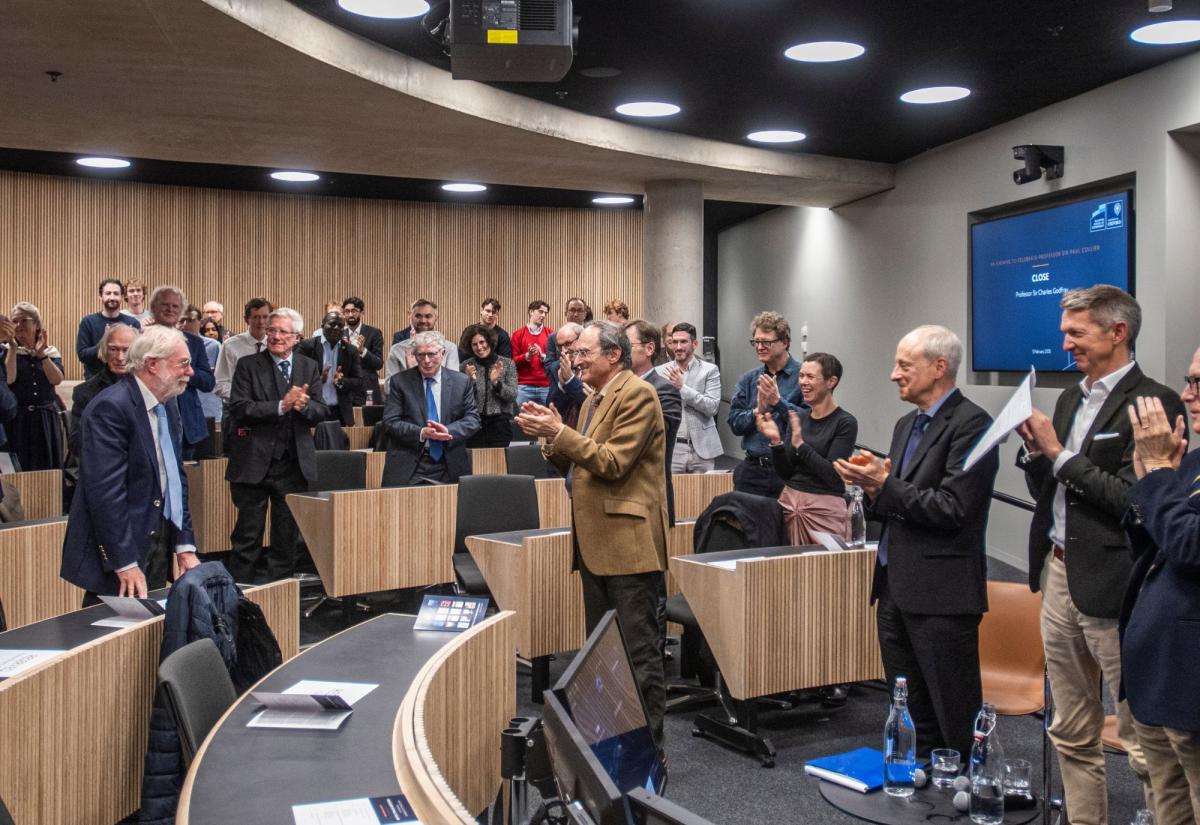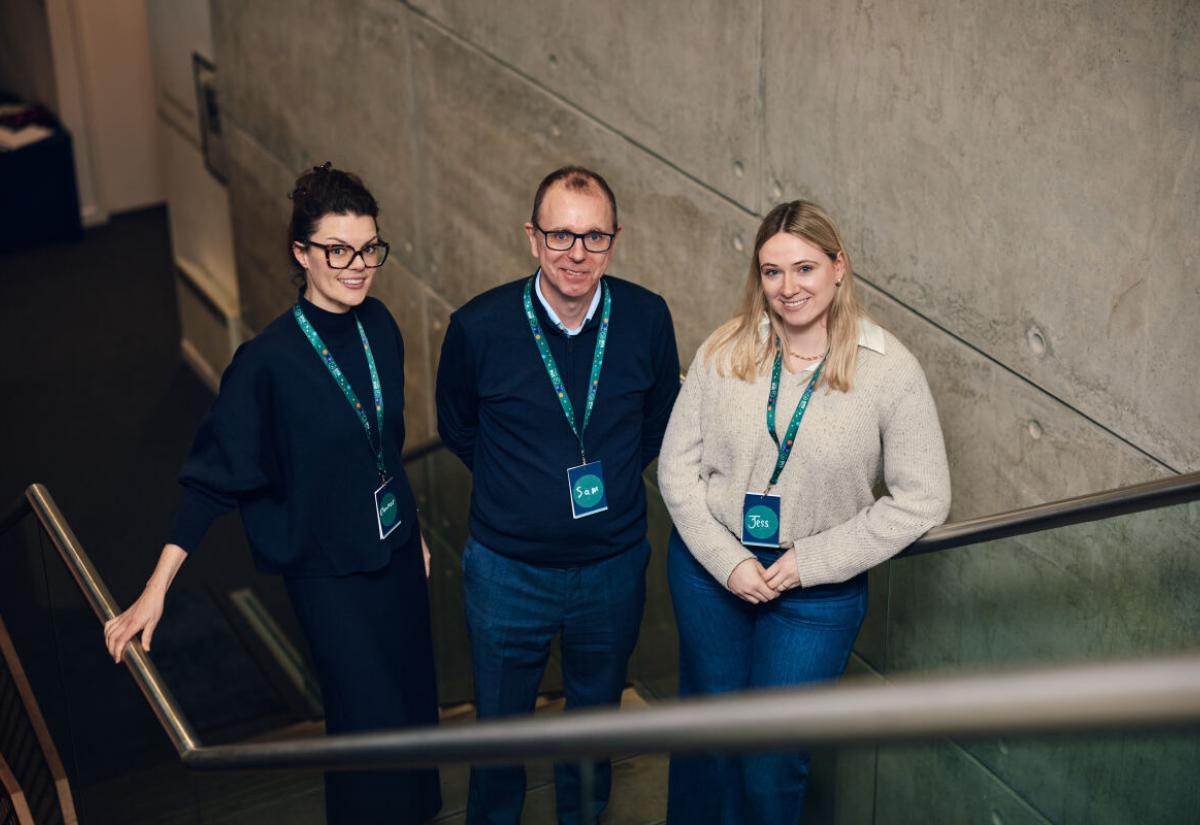How does a national government decide the best way to manage newly found water resources, or if the benefits of nuclear energy outweigh the risks? And how will they work with local governments, making sure to also include private sector firms and international NGOs in the process?
Here at the Blavatnik School we like to take things to the test. Just like our famous Policy Challenge and the Summer Project , the ‘science panels’ taking place this week are designed to give our MPP students the opportunity to apply what they’ve learned to an almost real-life scenario.
In this series of simulations, the students have the unique chance to practice policy analysis and formulate recommendations based on scientific evidence. In the ‘Science and Public Policy’ module they learn to be better consumers of scientific advice, understanding scientific methods and the nature of evidence.
For the ‘science panels’, the students have been divided into groups and each group assigned a topic. Within those groups, students represent the interests of different stakeholders – usually government (national and local), private sector and third sector, but the mix can be variable. They’ve prepared their arguments for the debate by working closely with top scientific advisors drawn from a pool of world-leading experts within the University of Oxford.
The panels are designed so that a fictional (but realistic) challenge is placed into a country’s real context. So for example, the first panel discussed water resource management in Kenya. The panelists were representatives from local government, a well-known multinational company and an international NGO. Each student played the role of policy advisor/expert, defending the organisation’s interests and values – so in this case, while the local government was seeking the best recommendations and collaborations on water management, business representatives were working towards a financially profitable deal, keeping an eye to their corporate social responsibility programme; finally, the NGO’s advisors were mostly concerned about protecting the community and the population’s interests.
It’s a very interesting exercise because not only does it teach students to analyse scientific advice and formulate informed policy recommendations, but it also forces them to tackle a challenge from multiple points of views and seek the counterarguments.
In dealing with food security in Northern Vietnam and the issue of the brown planthopper (a parasite that affects rice production in the region), another panel represented the views of the country’s agricultural ministry, a big agrochemical corporation in favour of genetic modification to tackle the pest and an environmental campaigning group.
Other topics for the science panels sessions this week include: the use of big data in healthcare in China; the iron supplementation for Myanmar’s children; Brazil’s nuclear power; the risk of tsunami in Japan; the challenge of low carbon transport in the UK and the use of nanotechnology in food in Germany.
Read more about Dr Adam Ritchie, convenor of the Science and Public Policy module



